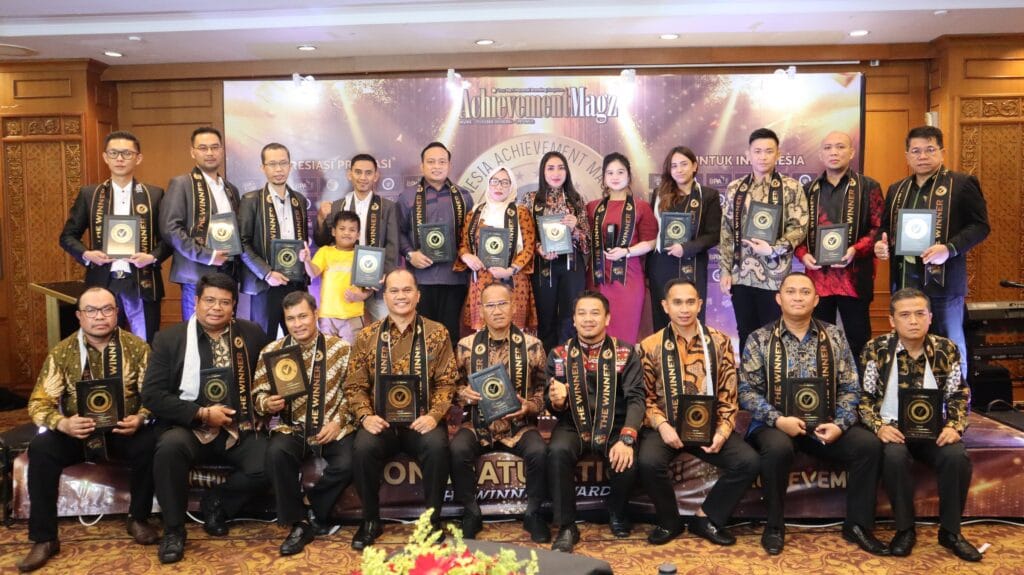New Delhi – Tensions over the future of the Dalai Lama have once again come to the surface as India’s top diplomat prepares for a visit to China, marking a rare high-level interaction between the two Asian giants since their deadly 2020 border clashes.
On July 13, China’s embassy in New Delhi released a statement describing the issue of the Dalai Lama’s succession as a persistent “thorn” in bilateral relations. The strongly worded remarks followed a week of high-profile celebrations in India marking the spiritual leader’s 90th birthday, which were attended by senior Indian ministers.
The Dalai Lama, who has lived in exile in India since 1959 after a failed uprising against Chinese rule in Tibet, stated that China has no legitimate role in selecting his reincarnation. His comments, widely covered in Indian media, reaffirmed the Tibetan Buddhist tradition of spiritual succession and reignited debate in diplomatic and strategic circles.
Responding to commentary from Indian scholars and officials, Chinese embassy spokeswoman Yu Jing warned against “improper remarks” and emphasized that the issue is “inherently an internal affair of China.” She also described the Tibet question—referred to using the Chinese term “Xizang”—as a lingering diplomatic burden for India.
Indian Minister for Minority Affairs Kiren Rijiju, who attended the birthday celebration alongside the Dalai Lama, reiterated his support for the spiritual authority’s autonomy, stating that only the Dalai Lama and his institution can determine his reincarnation. “As a Buddhist, I fully believe that religious matters must remain within the spiritual domain,” Rijiju said.
India’s foreign ministry, meanwhile, offered a calibrated stance, stating days before the birthday that New Delhi “does not take positions on spiritual matters of belief and religion.”
The controversy adds an uneasy undertone to the planned visit of Indian External Affairs Minister S. Jaishankar to Tianjin on July 15, where he will attend the Shanghai Cooperation Organisation (SCO) meeting and hold bilateral talks on the sidelines. It will be one of the most senior-level visits since the Galwan Valley clashes in 2020, which claimed the lives of at least 20 Indian and four Chinese soldiers.
Just weeks earlier, India’s Defence Minister met his Chinese counterpart in Beijing during another SCO gathering, signaling a tentative re-engagement between the two nations. However, persistent disputes over border demarcation, strategic posturing in the Indo-Pacific, and the unresolved Tibet issue suggest that a lasting thaw in relations remains elusive.
As both sides navigate a complex web of history, spiritual politics, and regional power competition, the succession of the Dalai Lama may prove to be more than a symbolic challenge—it could shape the tone of India-China relations for years to come.








